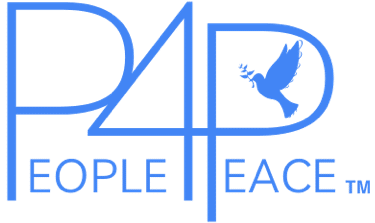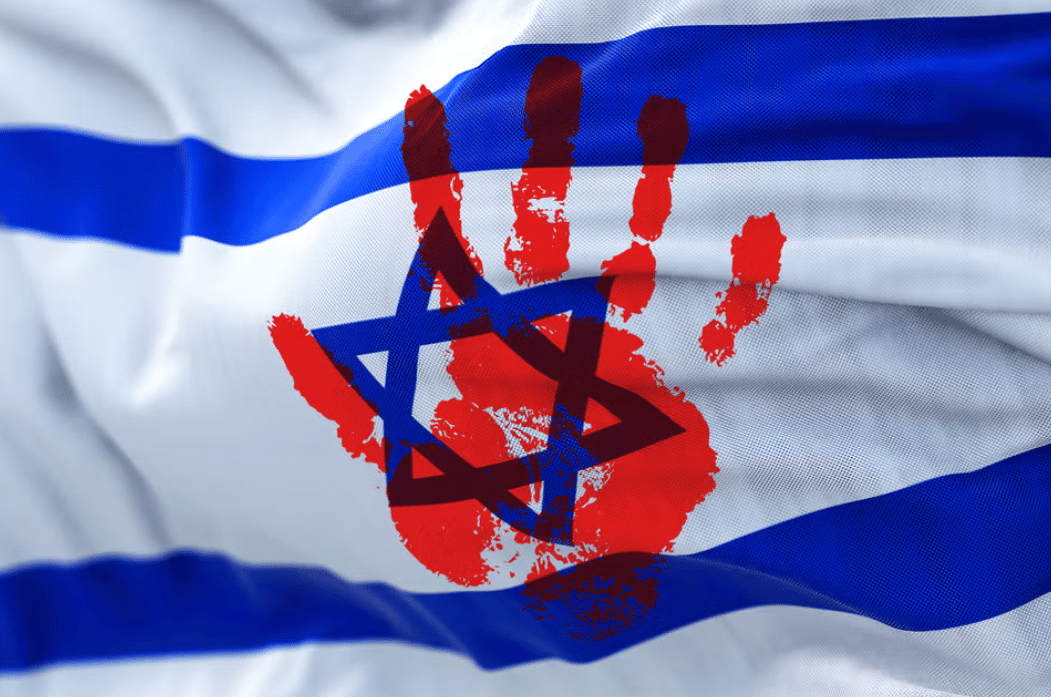Solidarity for victims of sexual assault should trump other politics.
Of all of the horrors coming out of the Israel-Hamas conflict, among the most horrible are the barbaric murders, rapes, sexual assaults, and kidnappings of women and young girls in Israel during the Oct. 7 attack by Hamas. And yet, deepening this distressing event, there has been a disheartening silence about, or worse, denial of these evils; reticence from the voices here at home in the U.S. who have, in the recent past, embraced other women who needed their support. Israeli and Jewish women find themselves isolated. For the past three decades, women have stood up for other women. When our sisters’ bodies and dignity were targeted and violated, women and allies of all ages and backgrounds organized, supported, and spoke out. Except somehow, not this time.
Since Oct. 7, there has been overwhelming evidence that Israeli women and young girls were not “just” slaughtered, but raped, assaulted, tortured, and kidnapped. This is not overstating things—from our work as prosecutors, lawyers, and feminists, we understand what it takes to build a solid criminal case for sexual assault. Here, there is voluminous evidence, more than what is typically available. While many victims cannot speak for themselves—they are either dead or being held hostage—survivor accounts and videos made by the perpetrators themselves speak for them.
[The Slate Commentary continues]
Another survivor saw terrorists gang-raping a woman who was alive until she was shot in the head by a man who was still raping her when he fired. Before she was killed, the witness saw them cut her breast off.
We heard from a grandmother who watched helplessly as her daughter was raped and then murdered.
A combat paramedic found two young girls executed in their bedroom, at least one of whom had been raped. Her pants were down toward her knees. There was semen on her back. She was shot in the head. Israeli officials are reporting evidence of widespread torture and rape as they continue the painstaking work of trying to identify bodies, many burned beyond recognition.
[The Slate Commentary continues]
Historically, women have been at the forefront of advocacy. Here in the U.S., we demanded safety for victims of sexual assault in campus “Take Back the Night” marches in the 1990s. We advocated for women in other countries, creating hashtag and social media campaigns like #BringOurGirlsHome in 2014 to demand the return of 276 Nigerian girls abducted by the jihadi militant group Boko Haram. In 2017, we protested Donald Trump’s sexism and misogyny by the millions at the Women’s March. The #MeToo movement saw us sharing our stories to combat a culture rife with sexual harassment and assault. We supported Christine Blasey Ford when she testified against Supreme Court Justice nominee Brett Kavanaugh at his confirmation hearing in 2018. We marched when the Supreme Court overturned Roe v. Wade in 2022. We strive to center women of color and Indigenous women, whose stories don’t always receive the respect they deserve. Again and again, we have demanded that women be believed, because we know that all too often, women’s stories are unfairly questioned and ignored.
[The Slate Commentary continues]
The victims of the Oct. 7 attack stand excluded from the world’s sisterhood. In the face of overwhelming real-time documentation, murmurs of support are few and far between. We must ask ourselves, from a place of empathy, for all who suffer: Does our outrage about rape and abuse depend on the identity of the perpetrator and the victim? Is rape acceptable, even justifiable, if the victims live in a nation whose policies you disapprove of? Can we blame these victims, many but not all of whom are Israeli, for what happened to them? If the answer to these questions is no, as it should be, then we must all speak out about the violence, no matter who it is perpetrated against or where they live. To express moral outrage and legal horror at the offenses perpetrated on women in Israel is not tantamount to approving the governing Netanyahu coalition, nor does it signal support for the bombings in Gaza. It is simply to assert the long-standing feminist argument that our bodies are not to be weaponized in global conflicts. Acknowledging these atrocities does not diminish the suffering of Palestinian women in Gaza. It is essential to reaffirming our shared humanity.

